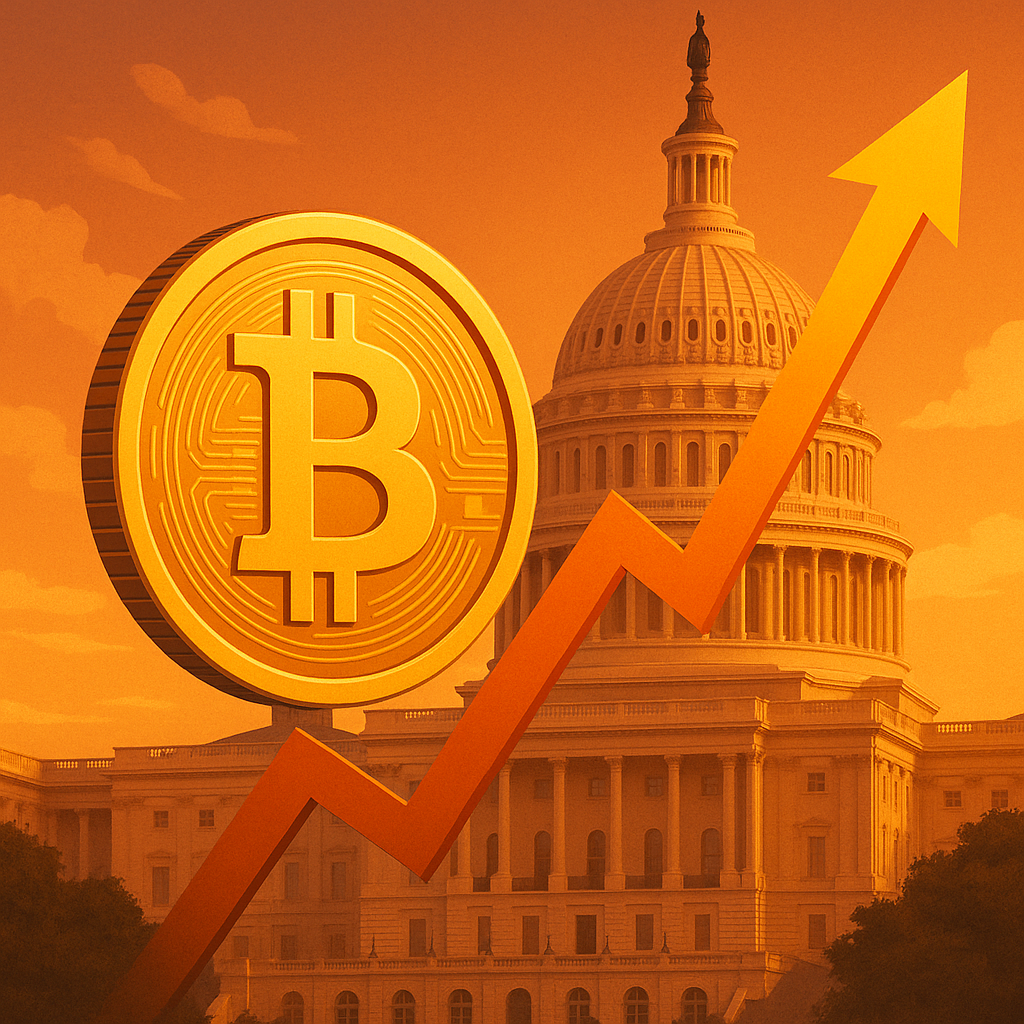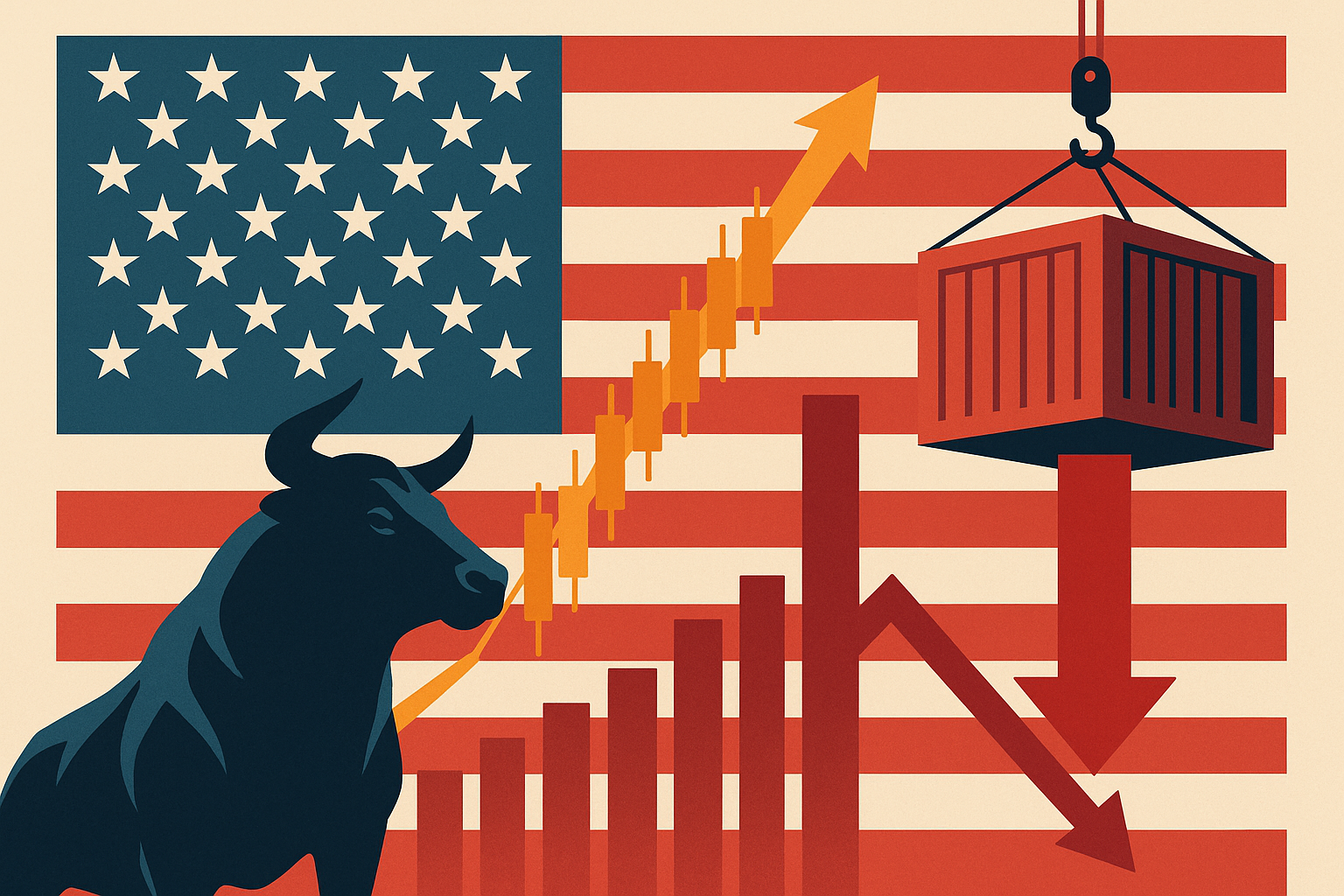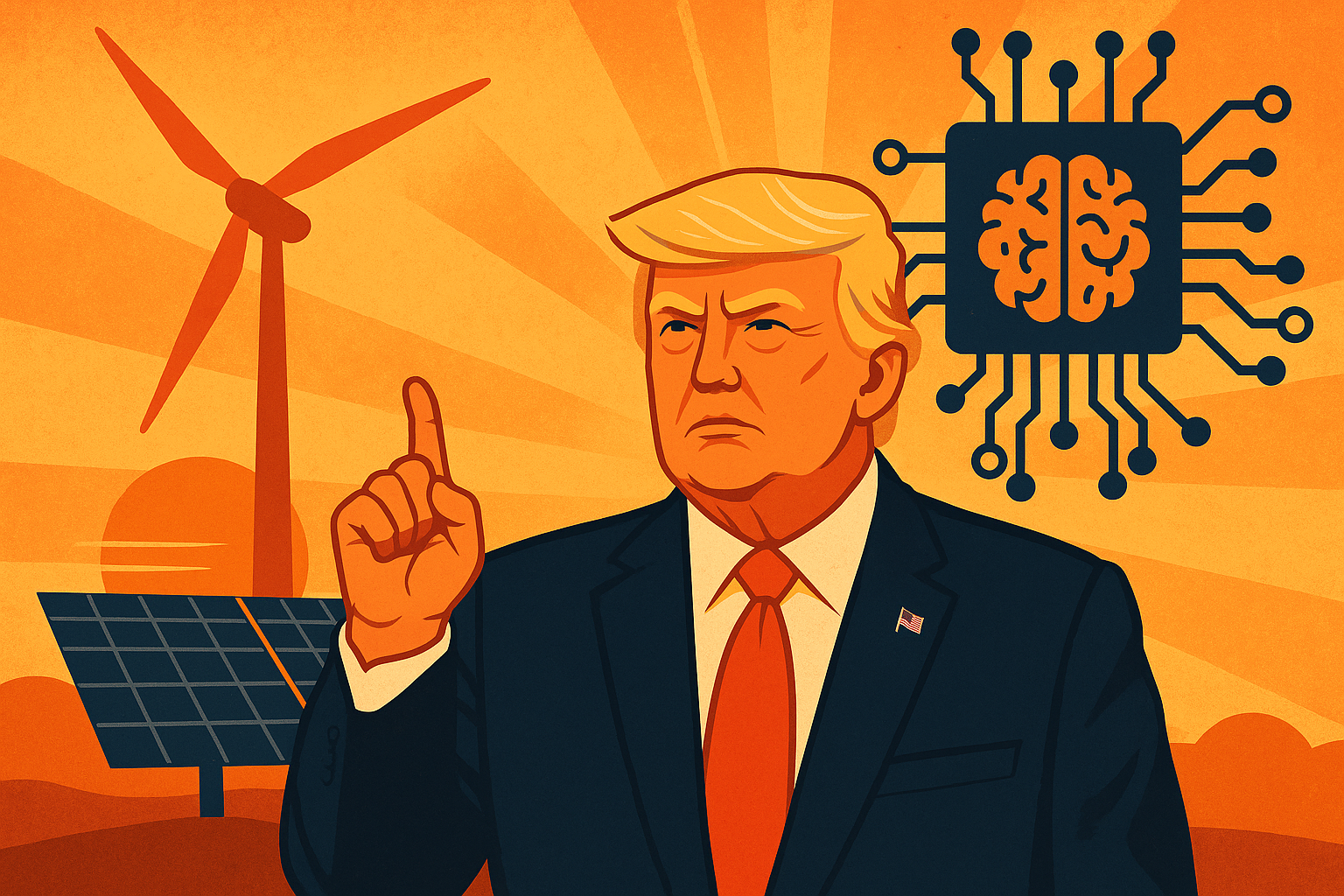In a landmark move with sweeping implications for both technology and defense, Apple Inc. has announced a $500 million investment in MP Materials—the only U.S.-based producer of rare-earth elements. This strategic partnership is set to expand domestic magnet production and build a new recycling facility, directly supporting the Pentagon’s push to secure critical mineral supply chains.
As tensions rise between the U.S. and China over technology dominance, the deal reflects a broader reshoring trend—bringing supply chain security back into national focus. Investors are taking notice, with MP Materials’ stock ($MP) jumping more than 40% in early trading following the announcement.
Tech Meets Defense in a High-Stakes Alliance
Apple’s commitment to MP Materials marks a rare intersection of consumer technology and national defense infrastructure. The deal supplements MP’s existing $400 million contract with the U.S. Department of Defense, part of a broader $900 million public-private investment initiative aimed at reducing U.S. dependence on Chinese rare-earth processing.
According to The Wall Street Journal, Apple’s investment will fund:
- Expansion of MP’s neodymium-iron-boron (NdFeB) magnet production
- Development of rare-earth recycling capabilities
- Vertical integration from mining to component delivery for Apple devices
These magnets are vital for nearly every Apple product—from iPhones and MacBooks to electric vehicles and AirPods—and are also used in military fighter jets, drones, satellites, and missile guidance systems.
By localizing this critical component of its supply chain, Apple gains not just security but potential ESG benefits as well—reducing its reliance on overseas mining with questionable environmental and labor practices.
Why This Matters for Investors
The rare-earths market has long been a strategic vulnerability for the West. China controls over 85% of global rare-earth processing capacity, giving it disproportionate influence over key sectors like defense, EVs, wind turbines, and consumer electronics.
The partnership between Apple and MP Materials is a vote of confidence in U.S. mineral independence—and it’s a sign that private capital will increasingly flow into companies aligned with national interest and clean energy transitions.
According to Investing.com, this collaboration could also catalyze interest in other rare-earth players such as Lynas Rare Earths, NioCorp, and Energy Fuels Inc., which are expanding operations across North America.
Future Trends to Watch
1. Reshoring Critical Minerals
Government incentives and rising geopolitical tensions will likely drive more tech companies to secure domestic sources of critical inputs—from rare earths to lithium and graphite.
2. Clean-Tech Mining and ESG Capital
Investors are increasingly looking for exposure to environmentally responsible extraction and recycling. MP Materials’ focus on closed-loop production may attract ESG-aligned funds and ETFs.
3. Defense-Backed Supply Chains
Expect more public-private partnerships like this one as the Pentagon prioritizes domestic capacity for critical defense components. Companies aligned with defense readiness could outperform over the long term.
Key Investment Insight
MP Materials is becoming a strategic lynchpin in two high-growth sectors: national defense and green technology. Its dual exposure to military infrastructure and tech innovation makes it a uniquely positioned play on both supply-chain security and clean energy transition.
Investors should consider gaining exposure to rare-earth producers, clean-tech mining firms, and companies involved in mineral recycling, while keeping an eye on evolving U.S. trade policy and international tensions that could affect pricing and supply.
Get ahead of the curve with timely, expert-backed insights on markets, sectors, and shifts reshaping the global economy. For more daily updates, keep it locked on MoneyNews.Today—your investor edge starts here.





